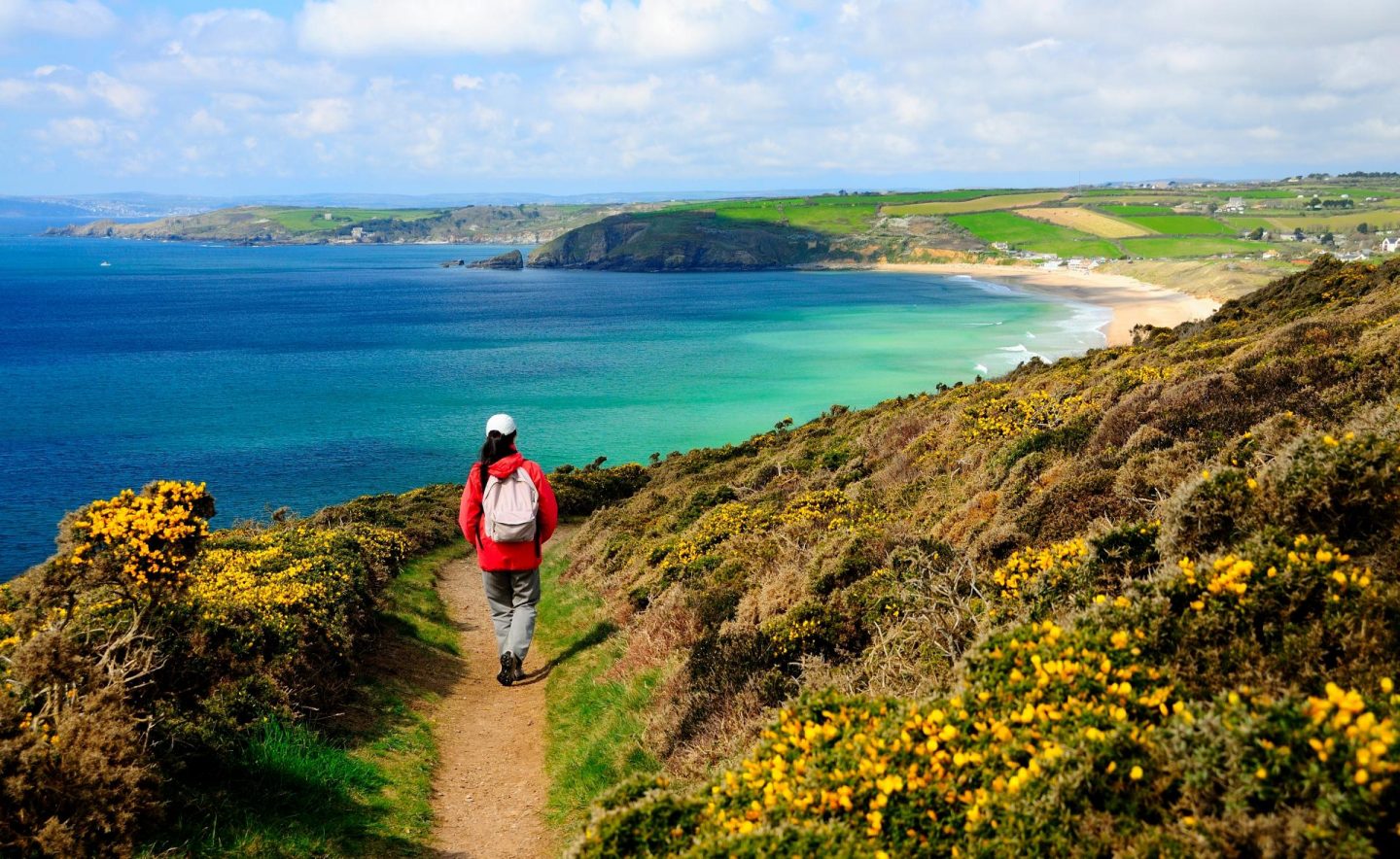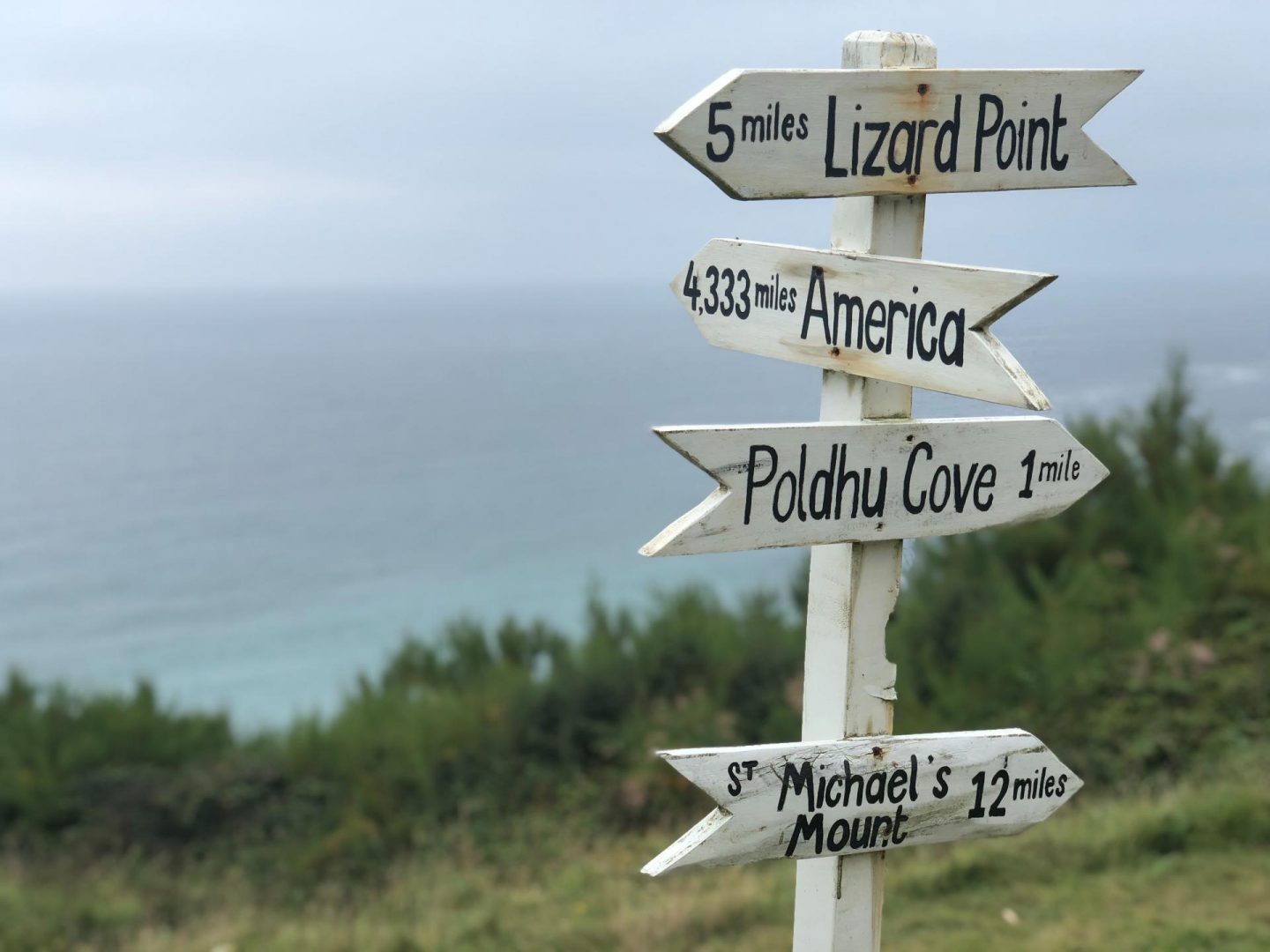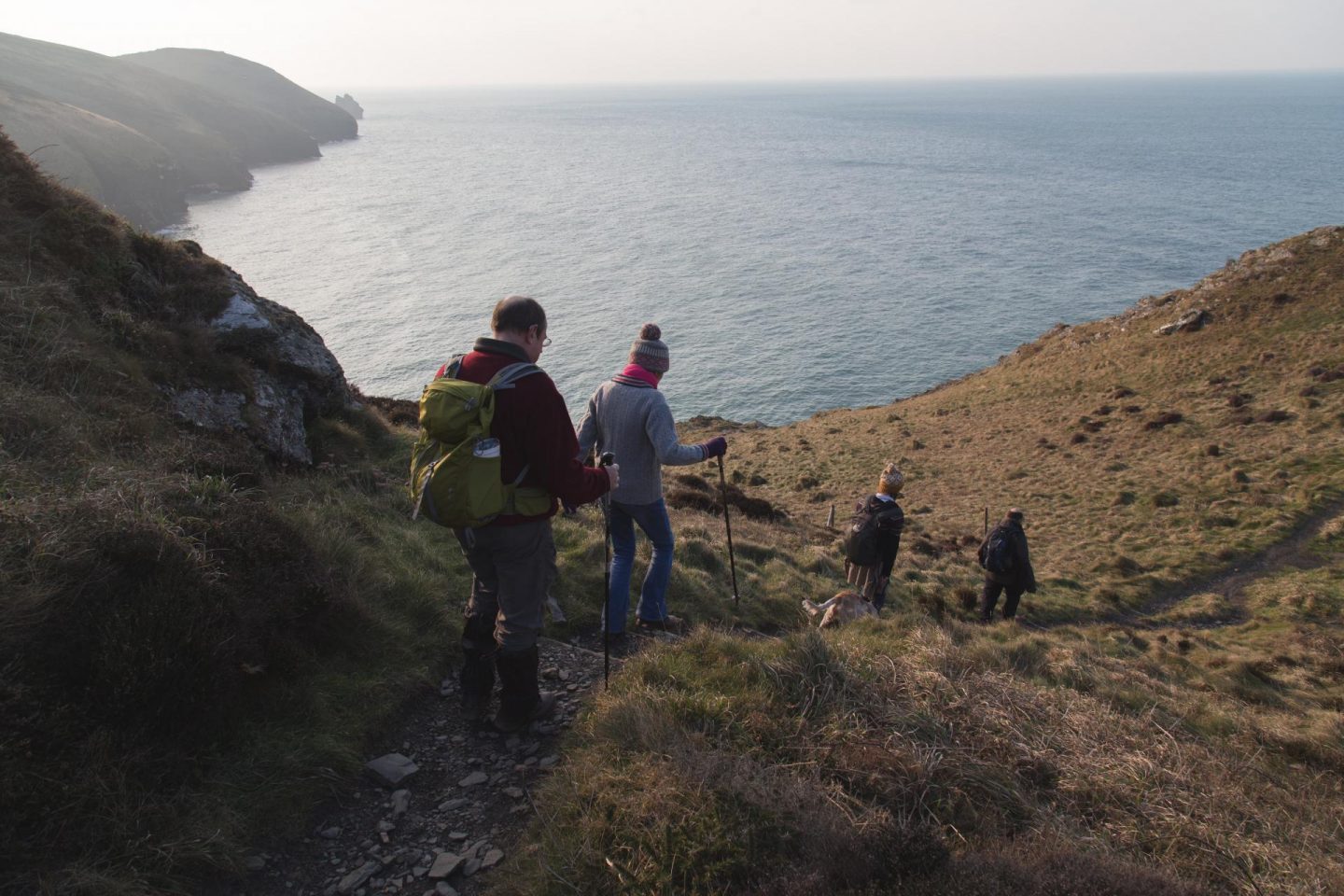
How to walk the South West Coast Path on a budget
The South West Coast Path is one of the most magical trails in Britain. Once used by coastguards to keep an eye out for smugglers, it stretches, all uninterrupted 630 miles of it, from Minehead in Somerset to Poole Harbour in Dorset, passing through Devon and Cornwall along the way. Follow the path as it hugs the changing shoreline and you’ll walk the rugged open landscape of Exmoor, ramble above Cornwall’s tempting hidden coves and hike along Devon’s ancient Jurassic Coast, spotting local residents including seals, dolphins and peregrine falcons – ideally with plenty of stops of pasties and cream teas along the way. It’s no wonder nine million people walk some part of this beautiful path each year.
The South West Coast Path is the ideal beginner’s long-distance trail, as it’s easy to follow, and makes for a great challenge without needing any special fitness training. The trail is cared for by the South West Coast Path Association, a charity that does a brilliant job of making this lovely trail accessible for everyone – and making it easy to plan your route and find amenities, campsites and cafes thanks to its informative website and guidebook.
The most adventurous way to conquer the SWCP, of course, is to ‘thru-hike’ the trail in one go, which takes the average hiker around 52 days. The only dissuading factor that can stop some adventurers is the potential cost of tackling the SWCP, especially over a few months. Luckily, there are plenty of ways to keep costs down and keep the trail accessible to everyone, of all ages and pocket sizes. Get started with my guide to hiking the South West Coast Path on a budget.

Top tips for hiking the South West Coast Path on a shoestring
Join the club
The South West Coast Path Association is the charity that looks after the trail, and its excellent website is a one-stop shop of information, whether you’re planning on taking on the SWCP in sections or as a thru-hiker. Joining the association as a member costs just £26.50 a year, and you’ll receive a guidebook to the trail that includes everything you need to plan your adventure, including a suggested kit list, safety advice, walk descriptions, elevation and decent stats, terrain info, tide times and ferry and river crossings. Members also get discounts at many places to stay and eat, as well as at major outdoor retailers. The guidebook is an essential for any hiker (and usually costs £14 to buy seperately) – and by buying membership you’re helping to support the beautiful trail you’re setting out to tackle.
Look out for Way Makers
Wherever you stop along the SWCP you’ll find ‘Way Makers’ – businesses such as B&BS, campsites, pubs and shops that provide everything a thru-hiker needs on the trail. Looking up and using local Way Makers along your hike (find them in the official guidebook and listed online) is a brilliant way to find affordable places to eat, play and especially to stay, as businesses and charities that offer accommodation for £18 per person or less can register for the scheme for free, making it easy for hikers to find budget-friendly places to stop for the night.

Bring your tent
Finding somewhere cosy to sleep each night is one of the most important – but also the most expensive – factors to consider when you’re eyeing up the coast path, especially if you’re planning to thru-hike it over a month or more. Camping as much as possible, with the occasional stop at hostels and B&Bs when you need a breather, is a great way to keep costs down. Wild camping isn’t permitted along the route, but there are plentiful peaceful campsites to be found a stone’s throw from the path, such as Treen Farm Campsite in Cornwall and Beryl’s Campsite in Devon. Campsites.co.uk have a list of 500+ campsites near the South West Coast Path, a great research tool for finding your next pitch, and the South West Coast Path’s handy accommodation finder is a quick way to find local places to stay without needing to hike too far from your route – you can set parameters to search within five miles or so of where you’re planning to stop each day.
Head for hostels
Hostels aren’t just for partying backpackers – along the SWCP they are the perfect places to stay if you’re on a budget, with many hostels on the trail offering dorm beds for under £20 per night. The Youth Hostels Association YHA at Beer in Devon is a delightful old Arts and Crafts manor-turned-hostel on the Jurassic Coast, and Independent Hostel properties (this handy map shows all their listed hostels along the coastline) include Beach Head Bunkhouse in Cornwall which is, as the name suggests, just a stone’s throw from the ocean.

Choose B&Bs as an occasional treat
Consider booking a night in a B&B every week or so as a respite from camping and for the chance to sleep in a comfy bed, have unlimited hot showers or just relax and have a day off from hiking. If you want to stop along the trail to explore, consider booking a self-catered cottage for a day or two, and camping before and afterwards. Want a little bit of luxury? Try a spot of glamping if you’ve spent a few too many nights inside your own tent – the bell tents at Lusty Glaze Beach near Newquay in Cornwall are right on the sand and make a pretty special place to toast the sunset with a cocktail after clocking up many miles walking the Cornish coast.
Pick public transport
Most of the travel you’ll be doing on the South West Coast Path is, of course, on your own two feet, but you’ll still need to budget for getting to the beginning and from the end of the trail. Local buses are an affordable way to get to the trailhead, or to get back to your car (or a train or plane ride) at the end of your trek. Keep some of your budget back for ferry crossings as you hop along the coast and the occasional taxi if you do head off the path to explore.

Eat local
One of the easiest ways to save money on longer sections of the SWCP is to carry most of your meals with you. Stuff your rucksack with high-energy snacks that won’t perish, such as beef jerky and trail mix – they’re easy to replace in village shops, and make a good scratch meal if you don’t come across somewhere affordable to eat. If you’re camping you can also carry basic, lightweight cooking kit such as a small stove and bowl set, so you can heat up simple meals such as rice pouches or instant noodles, or just stop and make yourself a hot coffee mid-walk when you fancy a cuppa. When you do need a square meal, look for affordable cafes and farm shops rather than slap-up restaurants. And you can never go wrong with a delicious (and pocket-friendly) pasty or a cream tea – after all, you’ll walk it off in no time.
Cut down on kit costs
If you’re a seasoned walker and camper, you probably already own everything you need to take on the South West Coast Path. If not, the most expensive bits of outdoor gear you’ll need to invest in are a good waterproof jacket, sturdy boots and a decent lightweight backpacking tent. These can be pretty costly to buy new – have a look for second hand kit in good condition, or borrow the gear you need from friends. Need to buy something brand new (such as hiking boots, where it’s best to invest to make sure they fit well and will last your hike)? Members of the SWCP Association receive discounts at major outdoor retailers such as Cotswold Outdoor and GO Outdoors.
Refill water along the way
Don’t spend your cash on disposable plastic water bottles, which are harmful for both your wallet and the environment. Instead, pack two large refillable water bottles such as Nalgene bottles and top them up them regularly at cafes and campsites (you’ll find Refill stations at frequent intervals along the walk).

Find more ideas for UK adventures in my guide to British staycations
Thanks Sian, very helpful, hoping to do next year. keep well. regards dave.
Thank you am planning on doing this next uear for charity…
Do you have tips for using the toilet on the trail as a women?